iPhone 16 Pro Max: latest news, rumors and everything we know so far

On September 12, Apple introduced a quartet of new iPhones to the world. While the standard models inherited a few extras from the previous year’s Pros, this year’s iPhone 15 Pro Max stood out in front of the smaller iPhone 15 Pro with a unique camera setup that surpasses any previous entry in the series.
As you’ll now know if you’ve read our full iPhone 15 Pro Max review, we absolutely loved the new phone’s cameras, describing it as offering ” fantastic image quality, which should make any smartphone owner envious.”
Despite sitting in a class of its own, however, and setting the bar by which the Samsung Galaxy S24 series and every other competing flagship phone will be measured for the next year, there were still shortcomings that Apple could have addressed and perhaps should address with next year’s top iPhone. That will, presumably, be the iPhone 16 Pro Max – assuming Apple doesn’t follow through on rumors that will render it the ‘iPhone 16 Ultra’ instead.
Before we get to the wishlist for the company’s next uber-flagship, however, there are a few tidbits of information on Apple’s 2024 smartphones already out in the wild. We’ve collated them here and will continue to add to them as more rumors, leaks and official information emerges over the course of the next year.
Cut to the chase
- What is it? The larger-screened/batteried version of the iPhone 16 Pro
- When is it out? Probably September 2024
- How much will it cost? Likely from $1,199 / £1,399 / AU$2,099
iPhone 16 Pro Max: Expected release date and price
- Likely to launch in the first half of September 2024
- Shipping date will probably be a week or so later
- Probably priced around the same as the current iPhone 15 Pro Max
Apple has a habit of launching iPhones on a Tuesday or Wednesday in the first or second week of September, usually placing the phones on sale the following Friday.
For reference, the iPhone 15 Pro Max was unveiled on September 12 at Apple’s September event, hitting pre-order on September 15 and going on sale on September 22, priced from $1,199 / £1,199 / AU$2,199 for the base 256GB version. It also has a 512GB build in the middle of the range and a 1TB model costing $1,599 / £1,599 / AU$2,899 at the top. We expect the pricing and availability of the iPhone 16 Pro Max to mirror this availability pretty closely (along with the rest of the iPhone 16 lineup).
iPhone 15 Pro Max or Ultra?
In the run-up to the iPhone 15 series’ release, there was rampant speculation about whether 2023 would be the year that Apple introduced an ‘Ultra’ entry into the lineup; a suffix that companies like Samsung, Motorola and Xiaomi already employ across their rival phone lines.
With the company’s ‘Wonderlust’ event having now been and gone without so much as a whisper of an iPhone 15 Ultra, it stands to reason that talk of an Ultra iPhone entry must instead apply to Apple’s iPhone 16 lineup, expected in late 2024.
At present, there’s ambiguity around whether the Ultra will replace the Pro Max or launch or launch alongside it. However, if Apple pursues the latter option, it’ll raise the ceiling for the iPhone portfolio, allowing the company to charge even more for its best and brightest iPhone of the moment.
iPhone 16 Pro Max: Expected design and display
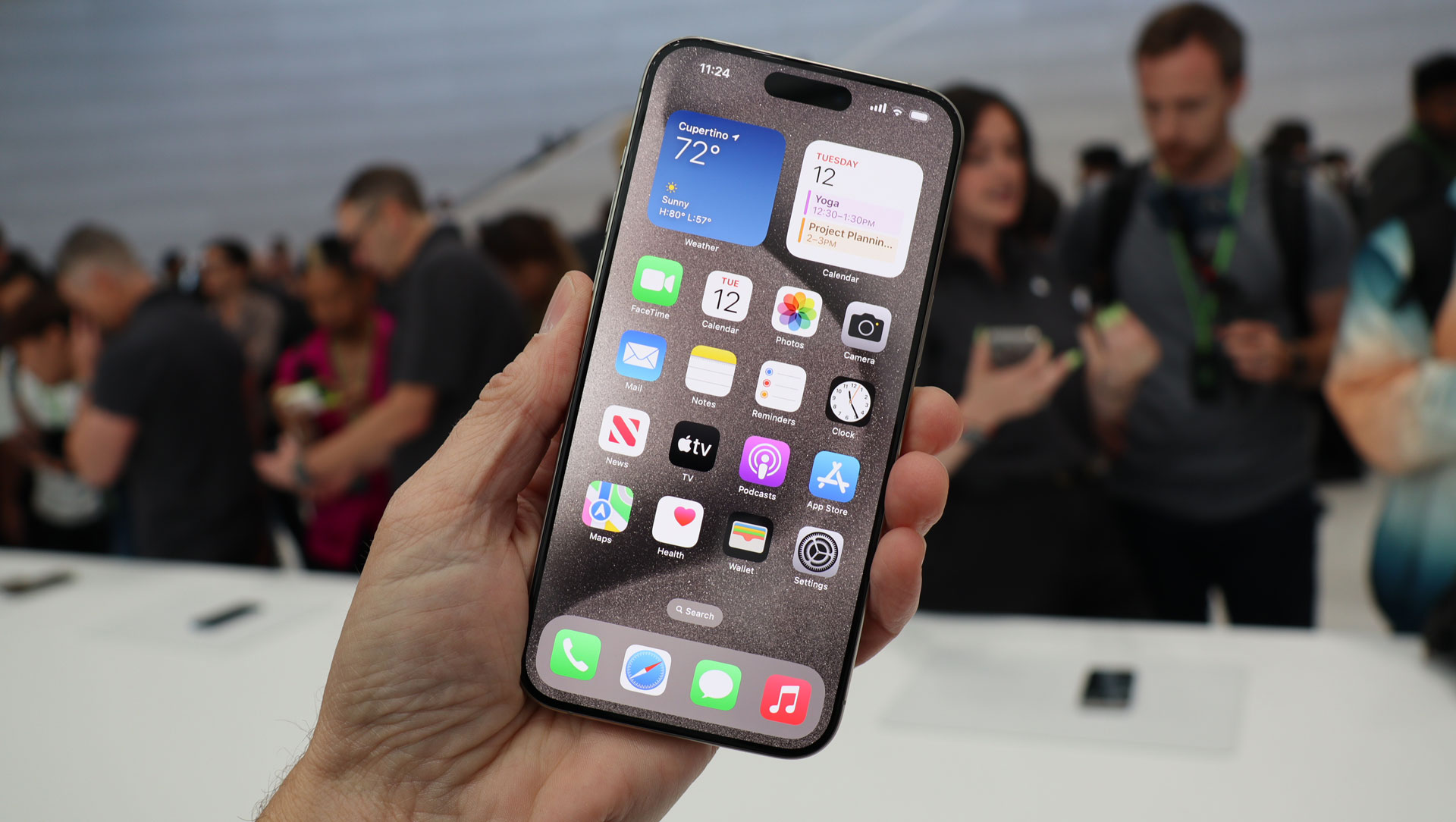
- Rumored larger 6.9-inch 120Hz ‘ProMotion’ screen
- Possible under-display Face ID system
- Probably a titanium frame, like the 15 Pro Max
While we’re nowhere near anything like a complete spec sheet at this early stage, some talk around the iPhone 16 Pro Max’s design has already surfaced.
One report by South Korean publication The Elec claims that the Face ID system, which was first relocated to the Dynamic Island on the iPhone 14 Pro line, will make its way under the pixels of the screen, leaving only the front camera visible on the 16 Pro Max.
Speaking of the screen, Apple managed to make the bezels thinner across both iPhone 15 Pro models, but a key analyst at Display Supply Chain Consultants expects the entire panel to grow in size next year. If true, this would mean the iPhone 16 Pro Max would clock in with a 6.9-inch screen, compared to the 15 Pro Max’s current 6.7-inch offering, and making it the largest iPhone yet. DSCC’s key analyst Ross Young also suggests that Apple might finally deviate from the 19.5:9 aspect ratio sported by the last few iPhones, opting instead for a 19.6:9 ratio. This would make the iPhone 16 Pro range fractionally taller and narrower than the 15 Pros.
6.2x” and 6.8x”…May 9, 2023
One final rumor (again, from The Elec) suggests that the already-bright displays that Apple places into its iPhones will be surpassed in grand fashion by a new ‘Multi-Lens Array” (MLA) AMOLED panel. Thought to be exclusive to the Pro (and possibly Ultra) members of 2024’s iPhone family, MLA tech reportedly helped LG make its TV panels 60% brighter and Samsung is already apparently using MLA AMOLED screens on the likes of the Samsung Galaxy S23 Ultra.
The trade-offs with MLA technology are that viewing angles can be reduced and that the panels are more expensive, which could have a knock-on effect on the final price of the 16 Pro Max, if Apple decides to go down this route.
There are also some educated guesses we can make about the rest of the 16 Pro Max’s design. Firstly, the Action button – which replaces the long-standing silent/ring switch – on the side of the iPhone 15 Pro and 15 Pro Max – will almost certainly be retained for next year’s model. But there’s more: solid-state buttons, which were originally expected on 2023’s Pro iPhones, will now presumably make their debut on the iPhone 16 Pro and Pro Max (and Ultra, if it arrives as a standalone device).
Meanwhile, the USB-C port introduced this year and the new lightweight titanium frame will all also undoubtedly make another appearance. Here’s hoping Apple serves up more interesting colors on next year’s Pro Max, though, as this year’s lineup looks a little… bland.
iPhone 16 Pro Max: Expected cameras
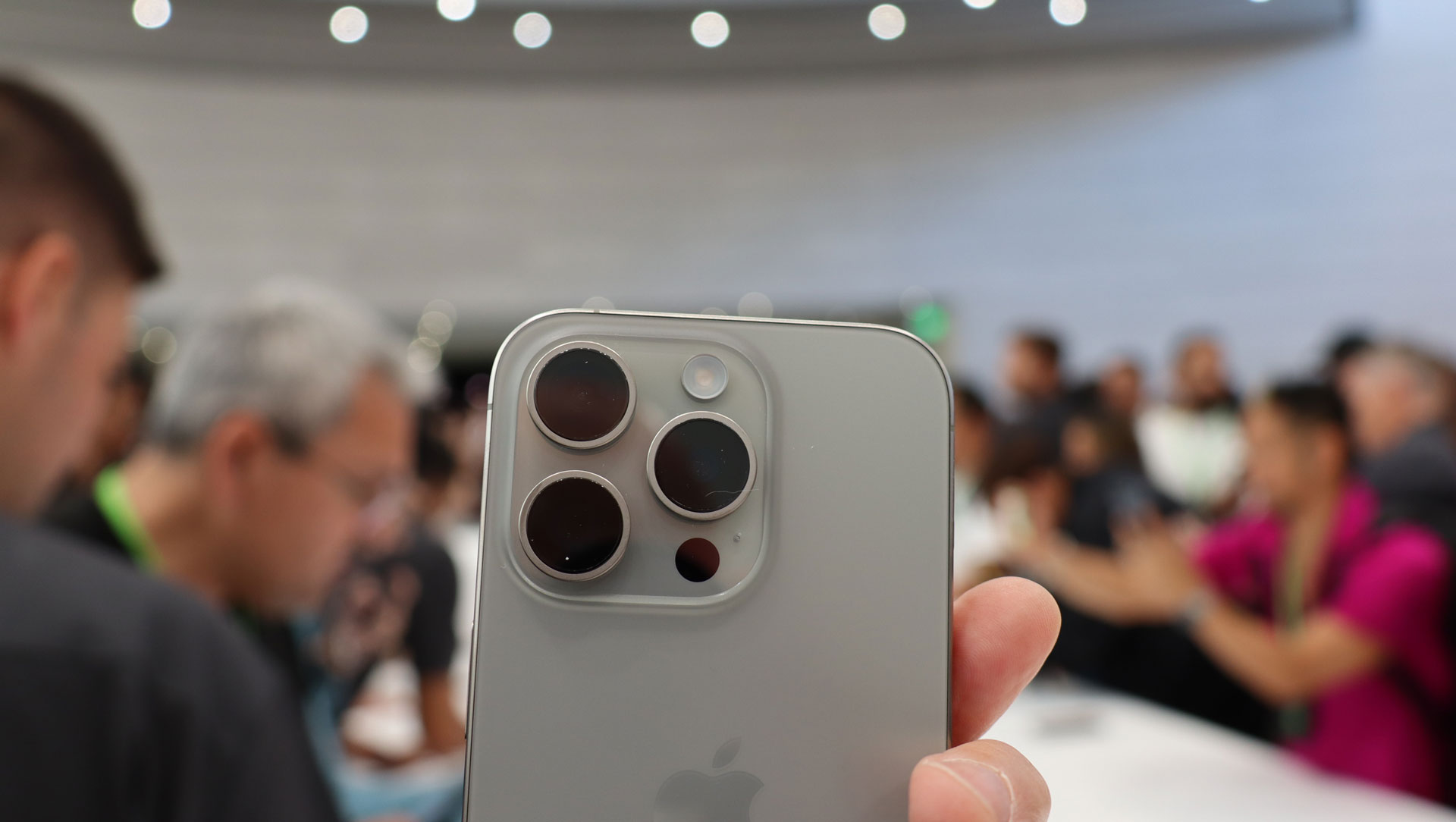
- Talk of a ‘super telephoto’ periscope camera
- One report mentions a 48MP ultra-wide too
- Rumors of a stacked sensor that could improve low-light performance
The camera hardware across the last two generations of iPhones has represented significant progression for the line, with the iPhone 14 Pro/Pro Max embracing a new 48MP main sensor (up from 12MP previously) that added lossless 2x zoom by way of sensor cropping, along with a few other new photographic tricks.
Fast-forward to this year’s iPhone line and, along with an enhanced 48MP main sensor, the iPhone 15 Pro Max also benefits from Apple’s first periscope telephoto lens, which zooms up to 5x. Some sources suggest its successor will go further, however.
According to popular tipster Digital Chat Station, the iPhone 16 Pro Max camera might finally challenge Samsung in one key area – namely that next year’s model could boast a “super telephoto” camera. That implies a snapper with a focal range that meets or exceeds 300mm, which would surpass the zoom range of the Galaxy S23 Ultra, its current key rival in this department.
Depending on Apple’s approach, the sensor could use either an extended prism design (like Samsung’s Ultra phones) or a folded prism (like the tetraprism found on the 15 Pro Max’s 5x telephoto snapper) for a lower-profile camera module. Alternatively, the company could pair its existing prism and sensor-cropping tech together to achieve this impressive target zoom range.
Assuming the iPhone 16 Pro Max’s primary sensor maintains the current 24mm focal length of the 15 Pro/Pro Max, a 6x telephoto camera (sporting a 150mm focal range), paired with a larger sensor (the Pro Max currently sports a 12MP telephoto sensor) that allows for a 2x zoom sensor crop could be used to reach the magic 300mm figure.
As already touched on, it remains unclear whether this super telephoto camera will come to the iPhone 16 Pro Max or the iPhone 16 Ultra, or if they are one and the same. But either way, we’re crossing our fingers on 2024 being the year we see this tech make its way to the iPhone.
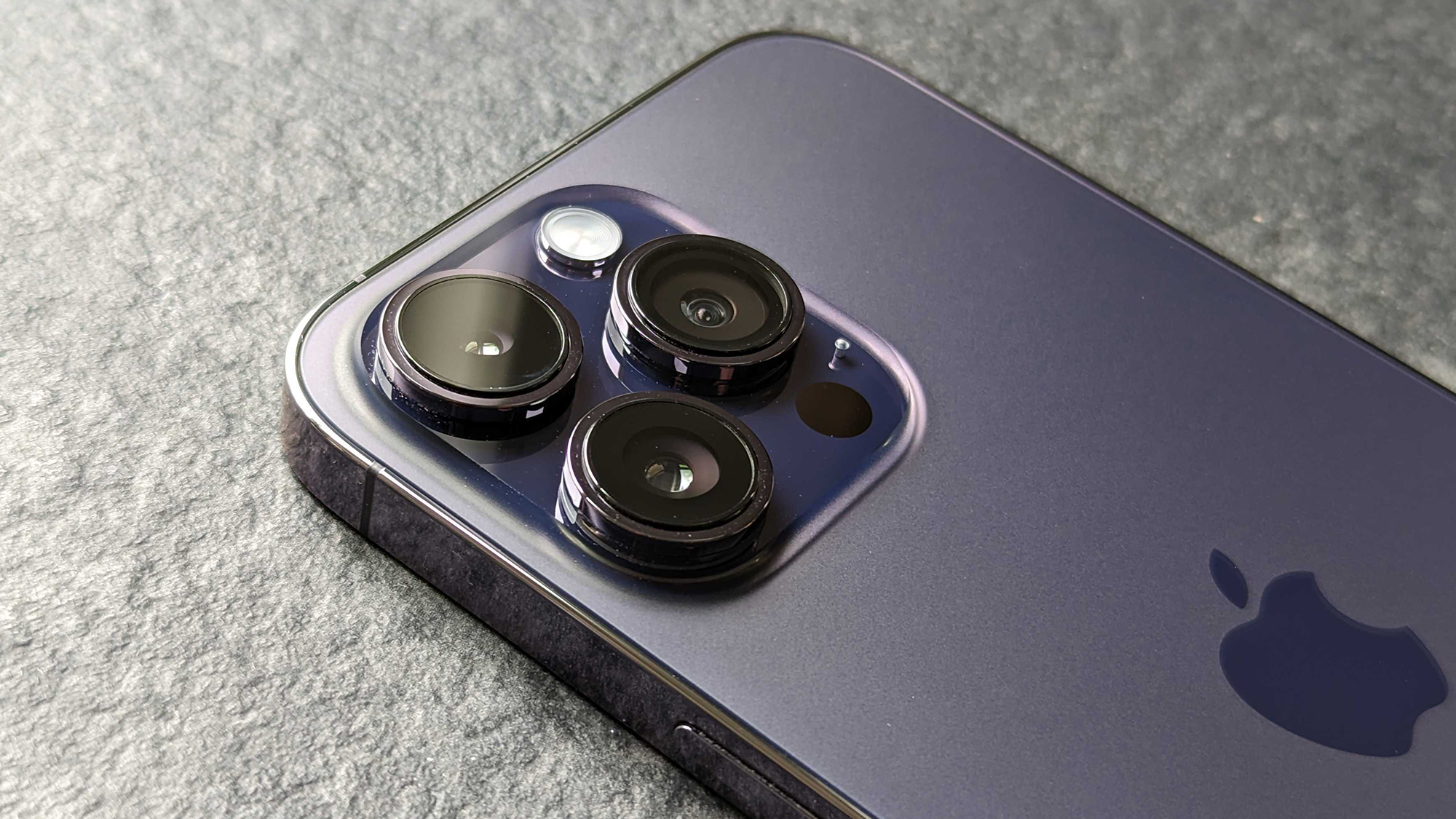
Beyond the headline long-range snapper, Apple’s use of Sony camera hardware may also extend to the stacked Exmor T for Mobile sensor technology currently found in the Xperia 1 V and Xperia 5 V. By rearranging the layout of the sensor’s internals, Sony has been able to build a smartphone camera that can suck in more light at the same resolution; seasoned Apple analyst Ming-Chi Kuo, for one, claims the iPhone 16 Pro models will also get this camera sensor upgrade.
Separately, fellow respected tech analyst Jeff Pu claims the iPhone 16 Pro and 16 Pro Max will get two more key upgrades over the iPhone 15 Pro, in that they will arrive sporting a 48MP ultra-wide camera (as well as boasting cutting-edge Wi-Fi 7 connectivity).
iPhone 16 Pro Max: Expected specs and features
- Assumed Apple A18 Pro chip
- At least 8GB, as thought to be in 15 Pro Max
For all the leaks surrounding the iPhone 16 Pro line’s design and camera tech, details around the rest of the internals absent from the rumor mill right now, leaving us fill in the blanks with informed speculation, based on Apple’s past practices.
On the day of the iPhone 15 Pro Max’s launch, Apple also released the Xcode 15 Release Candidate, which revealed that the phone sports 8GB RAM – up from 6GB on previous generations. As such, it’s assumed that the 16 Pro Max will continue this trend, supporting the assumed successor to the latest Apple-made A17 Pro chipset which debuts in the 15 Pro Max – presumably the A18 Pro SoC.
As far as the model’s new-found USB-C connectivity goes, Apple seems unlikely to change charging or data speeds only one year after making the switch, but we can dream.
iPhone 16 Pro Max: what we want to see
Speaking of dreams, as mentioned up top, while the iPhone 15 Pro Max is an undeniably impressive piece of kit, Apple certainly left room for its successor to up the ante, based on what else the market has to offer.
Here’s what we’d like to see from the iPhone 16 Pro Max.
1. Better colors
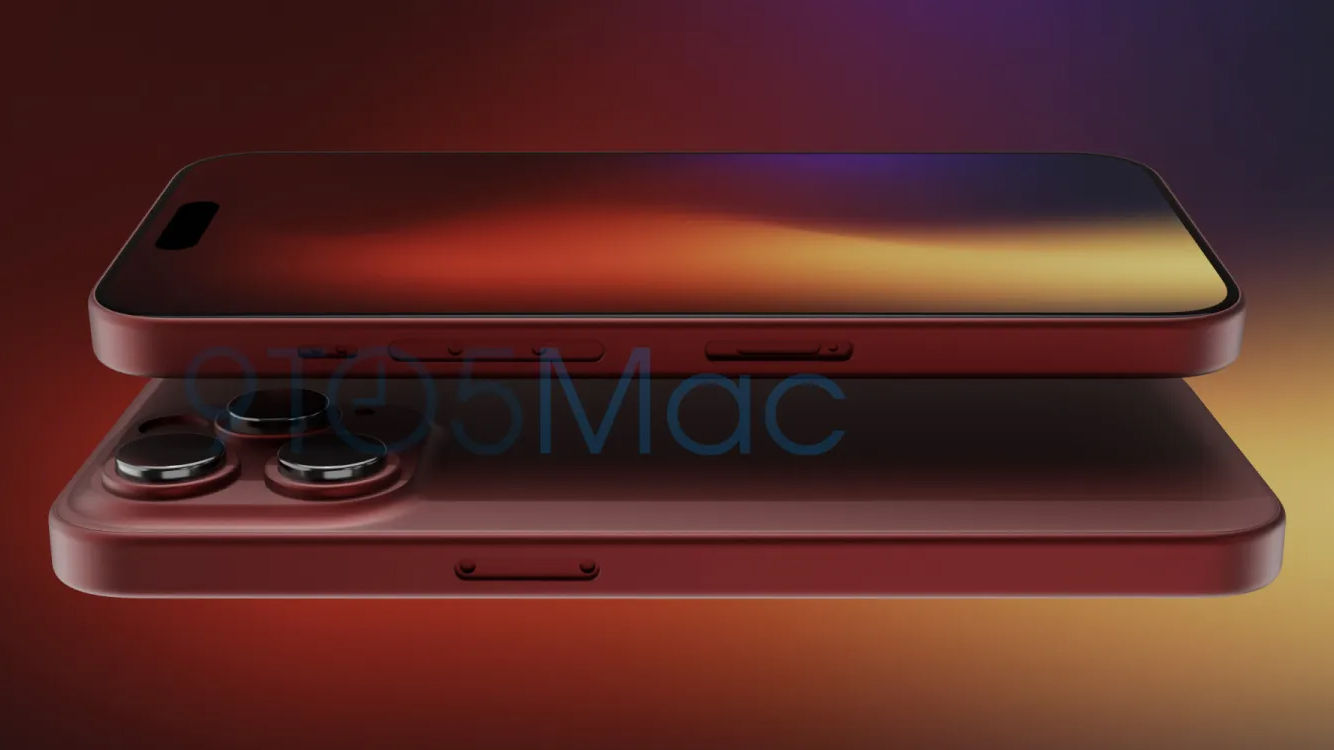
This year’s titanium-clad 15 Pro and Pro Max arrive in a quartet of colorways, with white, black, blue and ‘natural’ titanium to choose between.
While talk of a nano-coating and the 14-hour process required to achieve the final look all sounded very impressive during the reveal keynote, the end result of these premium finishes is fine, if a little unexciting.
The iPhone 14 Pro and Pro Max felt as though they stepped out of Apple’s comfort zone a little bit, with the introduction of the Deep Purple hue, however, no such deviation persisted one year on. And that was despite rumors of an exciting new Deep Red colorway potentially being on the cards.
Our hope with the iPhone 16 Pro Max is that this additional Deep Red colorway does finally make an appearance, or Apple at least takes a few more risks with the finishes on its 2024 Pro iPhones.
2. Faster charging
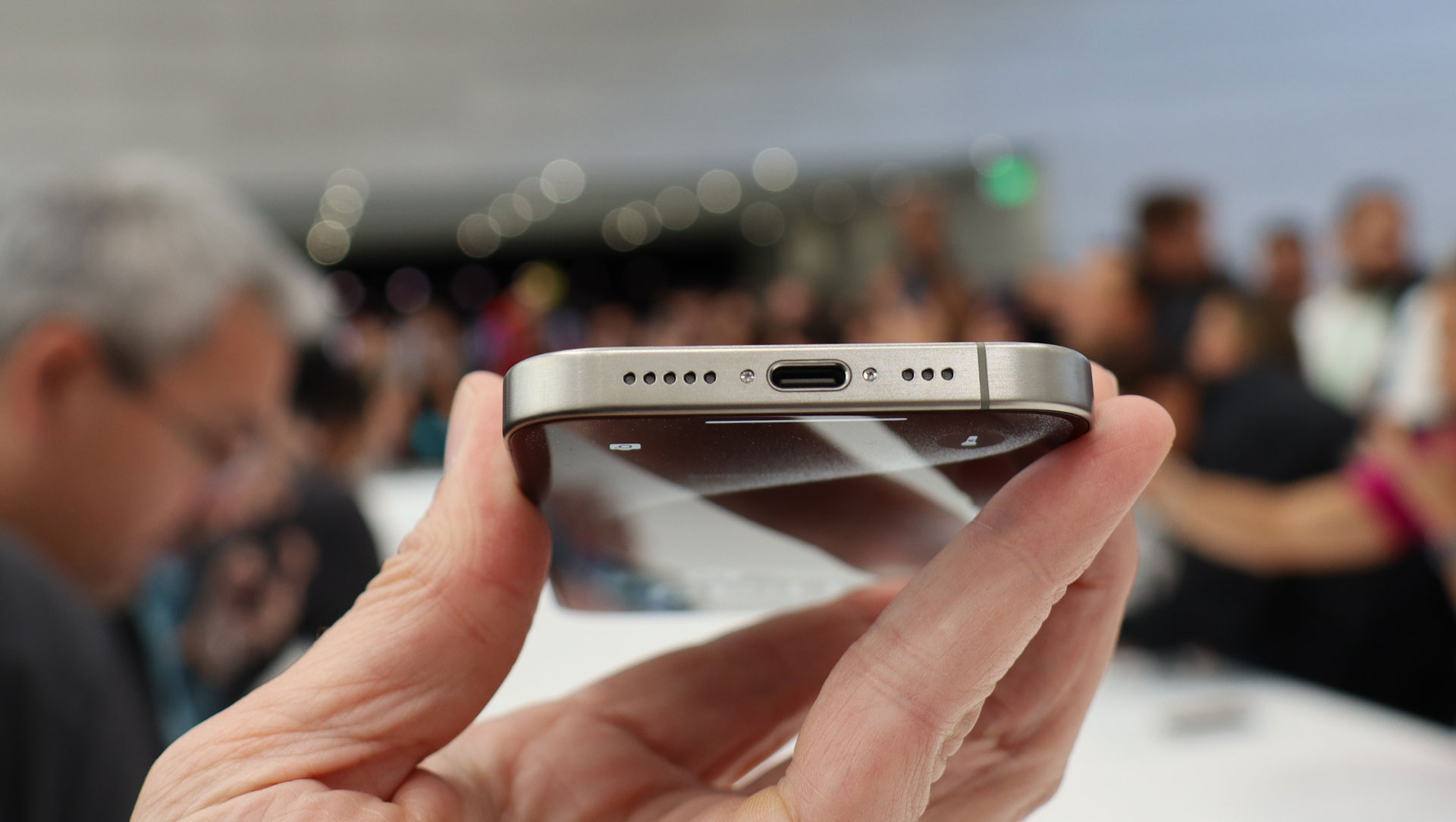
Apple doesn’t appear to have made any attempt to speed up the charging on this year’s iPhone series and while fractionally larger batteries and a more efficient chip should extend efficiency, a slight bump to the recharging speeds wouldn’t go amiss either.
3. Faster data transfer over USB
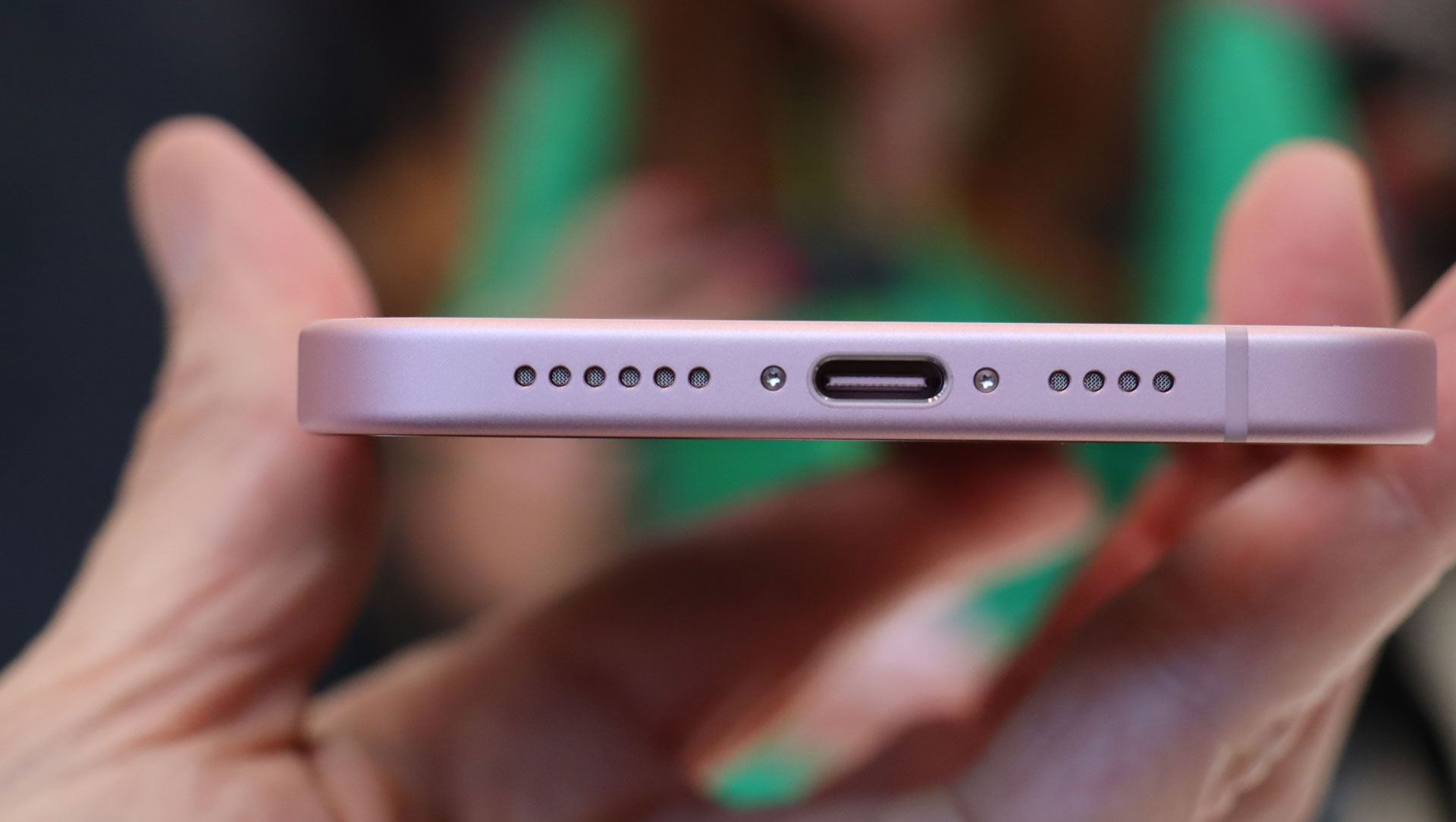
European regulators may have forced Apple’s hand with the adoption of USB-C on the iPhone 15 line, but while the company did the standard and Plus models dirty by leaving data speeds practically untouched compared to the previous generation’s Lightning port, it did at least see fit to dress the 15 Pro and Pro Max with USB 3.0 data transfer speeds of up to 10Gbps.
Whether by chance or misfortunate, however, on the same day of the 15 series’ launch, Intel revealed its latest Thunderbolt 5 standard, which can reach theoretical transfer speeds of up to 120Gbps – that’s 12 times faster than the ports on the 15 Pro and Pro Max.
With computers expected to start arriving with Thunderbolt 5 ports in 2024 and Apple already embracing the Thunderbolt standard on Mac and its displays, the only thing stopping Apple from putting an even quicker port on the iPhone 16 Pro Max, is Apple.
4. Under-display camera
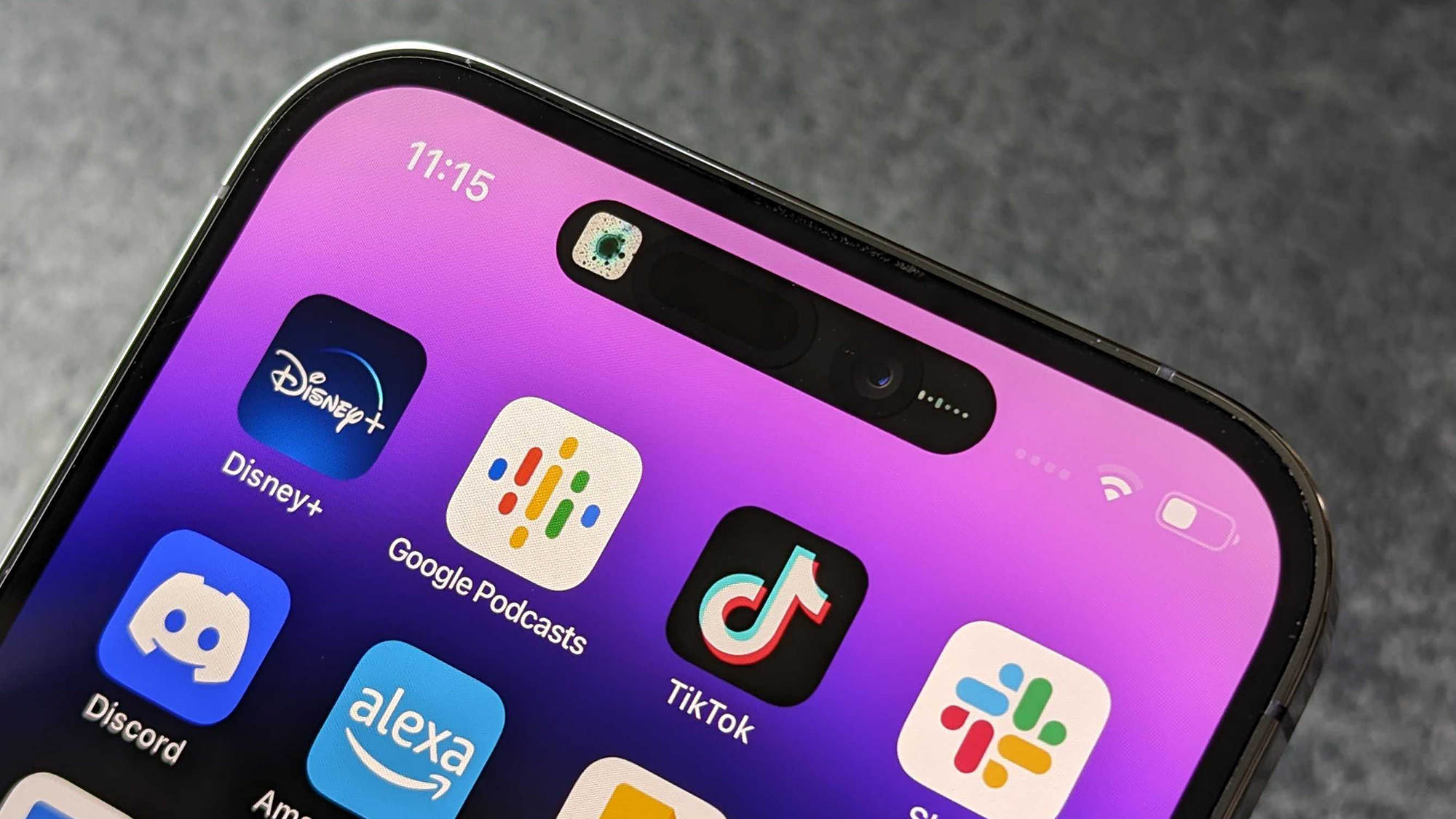
While rumors already suggest the Face ID components will make their way under the display on next year’s Pro models, if anyone could crack the conundrum of under-display cameras it’d be Apple.
Sure, the likes of the Samsung Galaxy Z Fold 5 and the Red Magic 8S Pro both serve up under-display camera technology, the sheer physics of it all means picture quality is consistently sub-bar.
If Apple’s willing to pour as much time and energy into this as it did into the Dynamic Island, there’s little doubt in our minds that it could do wonders for under-display camera tech on a future iPhone model.

